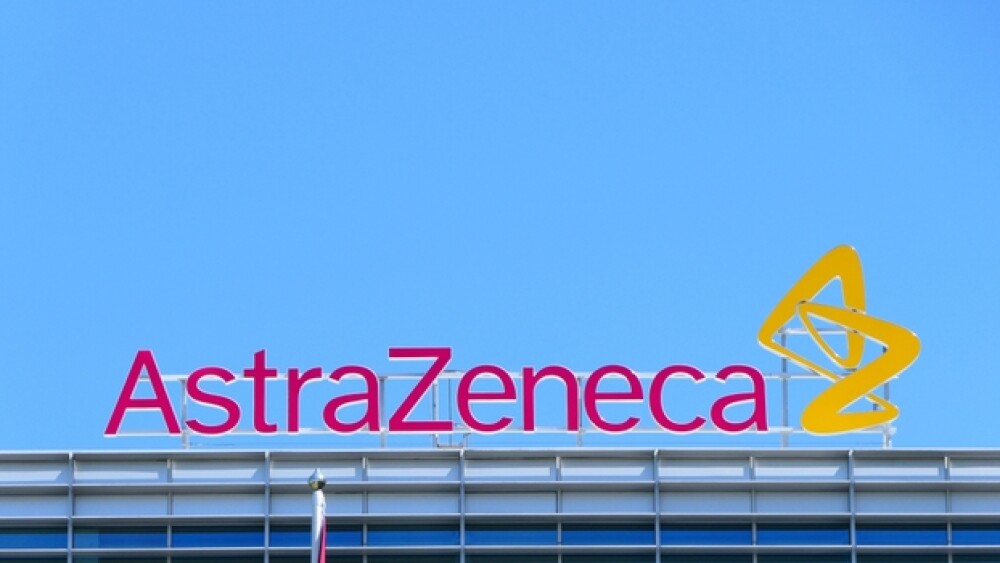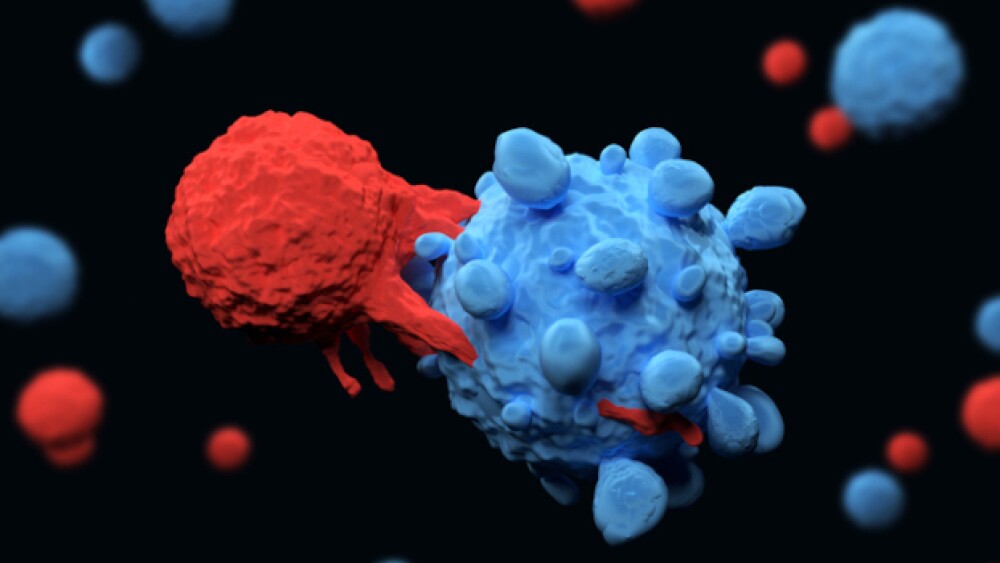The Swiss health authority Swissmedic rejected AstraZeneca’s rolling authorization application for its COVID-19 vaccine a few days ago, saying more data is needed “to obtain more information about safety, efficacy, and quality.”
Alexanderstock23 / Shutterstock
The Swiss health authority Swissmedic rejected AstraZeneca’s rolling authorization application for its COVID-19 vaccine a few days ago, saying more data is needed “to obtain more information about safety, efficacy, and quality.”
AstraZeneca’s Phase III clinical trial of ChAdOx1 nCoV-19 (AZD1222) shows 76% efficacy after the initial dose and 82% efficacy 12 weeks later, after the second dose. Data show it actually increases efficacy by extending the time between doses. The vaccine already is approved by the E.U. and by approximately 40 countries, including the U.K.
None-the-less, Swissmedic concluded, “The data submitted and analyzed so far are not yet sufficient to permit authorization.”
Swissmedic reviews the data it receives on an ongoing basis, as it becomes available. After Swissmedic’s interim assessment, the regulator’s external advisory panel – the Human Medicines Expert Committee (HMEC) – met Tuesday and confirmed the initial assessment: “The data currently available do not point to a positive decision regarding benefits and risks.”
The sticking point may be the lack of data in people aged 65 and older – the same issue that concerned Germany and South Korea.
To overcome the HMEC’s concerns, AstraZeneca must “among other things…submit additional efficacy data from a Phase III trial underway in North and South America,” according to Swissmedic. Once those results are analyzed, a temporary authorization could be issued quite quickly.
The North and South American study began in August and plans to enroll 30,000 patients in a randomized, double-blind placebo-controlled trial. Its primary completion date is March 23, 2021. The trial’s primary endpoints will determine the efficacy, safety and tolerability, and reactogenicity of two doses of the vaccine against placebo in adults between the ages of 18 and 130 years.
Secondary endpoints are designed to measure the efficacy of two doses vs placebo in terms of preventing:
- a SARS-CoV-2 infection
- COVID-19 as defined by the Centers for Disease Control and Prevention (CDC) and by the University of Oxford
- severe or critical symptomatic COVID-19
- COVID-19-related emergency room visits
It also plans to determine the antibody response and neutralizing antibody levels in serum, as well as the efficacy of the vaccine regardless of prior infections with the SARS-CoV-2 virus. The study completion date is set for February 2023.
A pre-print paper published in The Lancet in February, one day before Swissmedic’s HMEC met, analyzed outcomes from a Phase III trial in the U.K. and Brazil, and a Phase I/II trial in the U.K. and South Africa. The two trials involved a total of 17,177 baseline seronegative trial participants aged 18 and older to determine efficacy. Importantly, participants were from areas in which recent variants have been identified (UK, 8,949 participants; Brazil, 6,753; South Africa, 1,476).
After 14 days, 619 of the more than 17,000 participants tested positive for the virus using a nucleic acid amplification test (NAAT) and 332 of those had symptomatic infection 14 days after their second dose. Notably, there were no hospitalizations, which suggests the vaccine may have lessened symptoms among those who were infected. Analysis from day 22 post-administration to day 90 showed that efficacy did not wane.
Researchers concluded that a three-month period between the first and second doses was an effective strategy to reduce the incidence of COVID-19 and “may be optimal for rollout of a pandemic vaccine when supplies are limited in the short term.”
While Swissmedic was discussing AstraZeneca’s vaccine, the Swiss Federal Office of Public Health announced it had signed agreements with Curevac and the Swedish government for 5 million vaccine doses. It also has a preliminary agreement in place with Novavax for 6 million doses, and earlier signed a contract with Modern for an additional 6 million doses (in addition to the 7.5 million already under contract). It also has contracted for 5.3 million doses from AstraZeneca and 3 million for Pfizer. That’s a total of 30.8 million doses for a population of nearly 8.7 million people.
With talks in progress to secure additional vaccines, the government’s strategy is to ensure it has a variety of vaccine technologies available. That will make it possible to match vaccine types to specific populations. With a mix of mRNA, vector-based, and protein-based vaccines, Switzerland hopes to ensure that each individual can receive the vaccine to which that person is best-suited, and also to support economically weaker countries.






